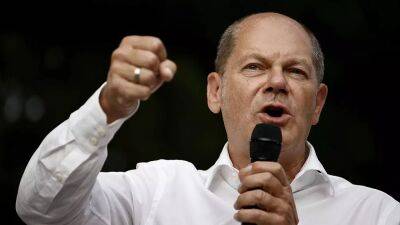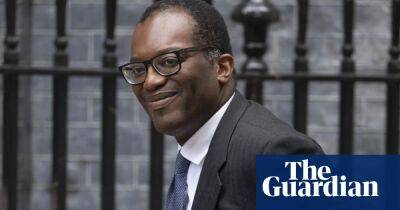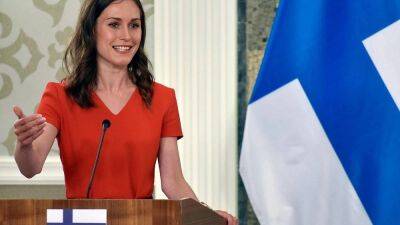Welcome to the freeport, where turbocapitalism tramples over British democracy
Democracy is the problem that capital is always striving to solve. To maintain its rates of profit, it seeks to drive down the taxes it must pay and annul the regulations that defend the living world, workers and consumers. This tends to be unpopular. Governments that permit beautiful places to be trashed, workers’ lives to be endangered and consumers to be conned might find themselves voted out of office. So fixes need to be found.
Political funding often does the job: research from the US shows how, generally, the party that attracts the most money wins. Distraction works pretty well, especially when it takes the form of culture wars. The billionaire press does a sterling job at misrepresenting our choices – to favour the very rich. But you can never be too careful. It’s safer, if possible, to bypass democracy altogether.
How? One approach is to create places where the usual rules do not apply and citizens have less decision-making power. I’m talking about “freeports”. In crucial respects, these “special economic zones” operate as if they were outside a nation’s borders. They are the equivalent of the royal forests of medieval England. Forest derives from the Latin foris, which means outside. The forests were hunting estates where the king’s private interests overrode the rights of the common people, elevating them beyond the usual laws of the land. The Westminster government has so far designated eight freeports in England, and the Scottish government is considering bids for two.
Their objectives were set by an advisory panel chaired by the two most ardent supporters of freeports in the government: Liz Truss and Rishi Sunak. The panel was composed of two public officials, two economists, five industry lobbyists, one
Read more on theguardian.com



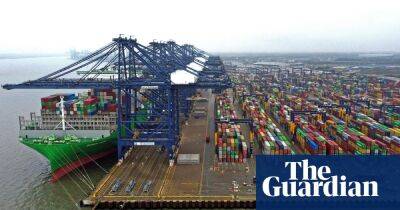
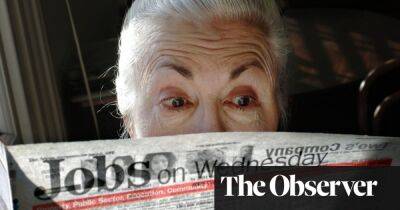
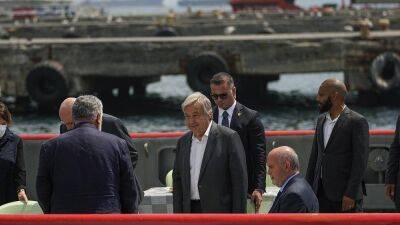

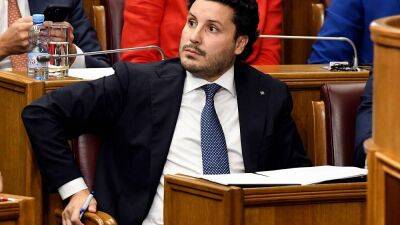
![Yet another offer but ApeCoin [APE] remains unperturbed - ambcrypto.com - city Santiment](https://finance-news.co/storage/thumbs_400/img/2022/8/20/37851_nj0j.jpg)
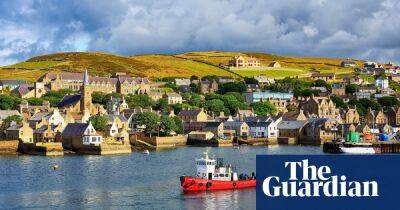
![Will Chainlink [LINK] bulls take over as the weekend approaches - ambcrypto.com - city Santimentwhile](https://finance-news.co/storage/thumbs_400/img/2022/8/19/37815_n9tgz.jpg)


